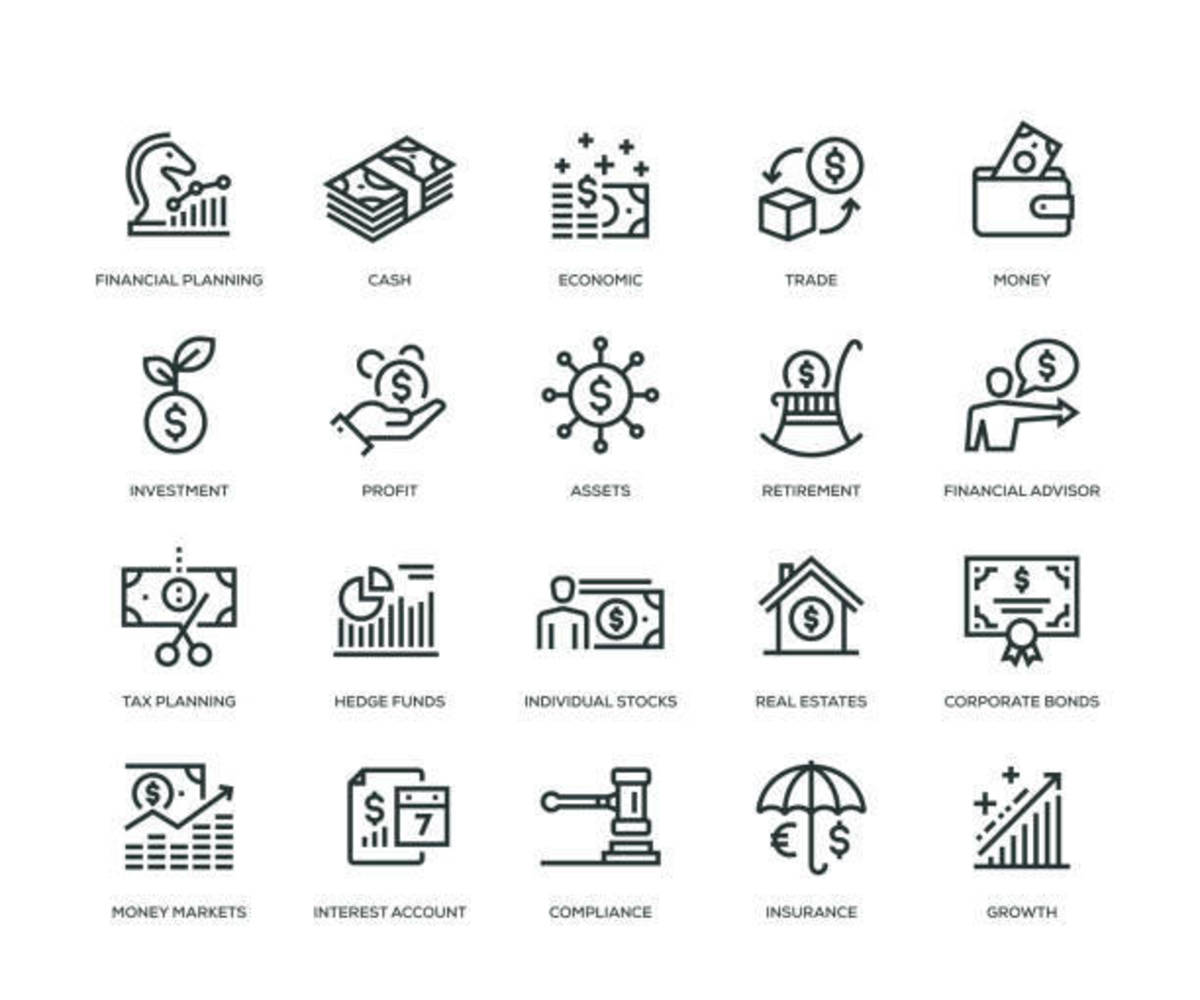What Does Your Credit Score Really Mean
Many people are not aware of the importance of the credit score or what exactly it means. The credit score is generated from the credit report, which makes use of data given by credit organizations, banks and financial institutions. This report gives you a clear picture of the finances of your family and yourself, but also an insight into your lending ability in case of emergency. Once the data has been compounded and studied by experts, the required calculations are made ending up with a statistical figure otherwise known as a credit score. This is the most important aspect of your credit report. It is therefore important to understand what this figure means. If you are applying for a loan, mortgage or even a new credit card, the credit score is used to gauge your financial health. It is the one figure that is used by banks and other financial institutions to determine if they are willing to invest and take a risk with you. Since the increase in knowledge and the accessibility of credit reports has become much easier, the credit score has become even more important. Landlords, private hospitals, phone companies and other service providers often use the credit score to determine the chances of taking you on as a consumer. Businesses have put importance on the credit score to reduce the risk they take by offering services which are paid for once they have been used. Your credit score determines the mode of payment and interest demanded by different service providers.
If you have received a credit score between 400 -580, it means that you are in the high risk group. The chances of such a person getting a loan or a new credit card are quite low. In most cases this is the group of people who find that even accessing basic services without cash is quite difficult and in most cases impossible. There are few chances that an individual will get a credit score of below 300, but in such a case the person is considered non-lendable meaning that they cannot be offered any kind of service such as rent, and mortgages. For the high risk group, it is common to find that they are not only charged a higher price for common services but are often required to pay for such services before they use them. Once they fail to make a payment even for a short period (sometimes even hours), they find that the service is terminated and are charged a high fee to reinstate the service. For example in the case of mobile phones, the individual may find that they pay more per minute and for SMS services, an amount they must pay at the beginning of the month instead of the end. If they fail to pay, the companies often retain the right to terminate the services un-summarily and charge a fee for reinstating the mobile number. In addition, one the services have been reinstated the individual finds that they are now required to pay an even higher fee for the service.
The average credit score generally lies from 600 - 680. For this group of people going even as far as 700, the group is considered passable. It is likely that the individuals landing in this group will find it easy to access almost all services. However, again the interest and price charges for these services are still higher than what is the norm. Generally, people falling in this group cannot negotiate the terms of the services they are trying to access. This means that the deals you get may not be the most appropriate for you and could be quite higher than those of others. For example credit card companies could charge you higher interest rates for your payments than other customers, and these interests cannot be negotiated or lowered even if you experience an increase in income during the term of service. Mortgage companies and banks could also charge you higher interests to cover the risk of non -payment. Although, the rates at which you receive services may not be as high as the risk group, they are also not low compared to the market trends. They may be slightly higher, and in some cases there are companies that still consider this credit scores to be too low and therefore end up denying individuals in this group their services. For example banks that deal with prestige loans and mortgages for high end homes, often deny and even do not consider individuals in this group for their services.
A credit score that is above 720, almost always guarantees you any services that you would like to access. A high credit score often means that you are credit worthy, and are more likely to be awarded additional credit cards or access to more mortgages. People with high credit scores for example have no problem accessing additional mortgages on their properties to finance business and investment ideas. The rates offered to this group of individuals are highly competitive, and can be negotiated. Since you are credit worthy, you have a much wider choice of the services you wish to access. For basic services such as rent and mobile phone services, you will find that your rates are much lower and closer to the competitive market rates. For credit scores higher than 800, consumers cannot be denied any services and they can negotiate for very low rates for the same services.
More Info On Understanding Your Credit Score
- Understanding Your Credit Score Range
To fully understand the meaning of your credit score it is essential that you are familiar with the meanings of each of the credit score ranges. Most people are aware that the credit score ranges from 300 to... - Your Credit Score: 550 to 750 in Twelve Months
It seems like every day that I run into someone who tells me that their credit is seriously messed up, and beyond repair, whether it be from a divorce, student loans or old debts that they never paid off.... - Tips To Raise Your Credit Score
The economic climate has given rise to millions of consumers with a low credit score. When the economy booms people tend to spend to their limit and max out all their available credit. That is fine when all...








